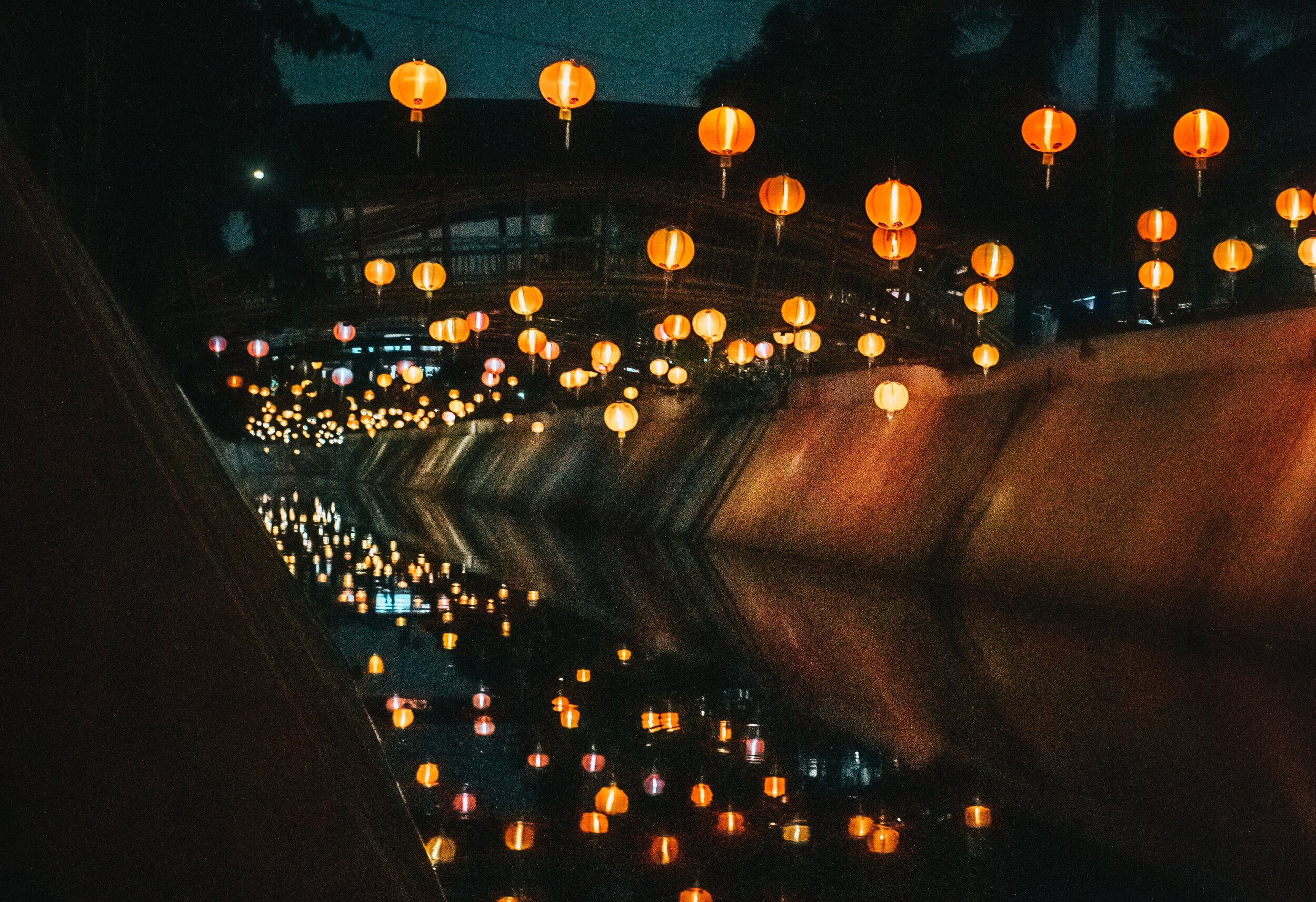by Wenbin Gao
I grew up in a Chinese intellectual environment where Jews were fetishized as the brightest and wisest.
The Chinese self-help bible Proverbs from Jewish Families (犹太家训) came out in 2005 and made its way into middle-school reading lists all over the country. Scholars agree that the book is largely idealised fiction written by a Chinese man called Zhang Kai (章恺). This weird prosperity gospel reinforced a strong conviction among its readers that Jews are usually related to Harvard and Wall Street, a stereotype which in its Chinese context is entirely positive and always enacted with great admiration for the Jewish race.
I also grew up seeing three Jewish faces all over the media: Marx, Freud and Einstein. All three, and Einstein in particular, are much loved in China. I learned about Einstein in elementary school. Pristine genius and infinite curiosity, most appropriate for kids. In middle-school I regurgitated Marxist maxims in class. Then finally, in high school, I discovered with great excitement this Jewish psychologist who explained everything with sex. Their ponderous black-and-white photographs seared the idea into my head: Jews produce the best philosophers, the best social scientists and the best scientists. In short, (and believe me Chinese academics still say this in serious lectures), the history of modern thought is basically a history of Jewish luminaries who run the entire gamut of intellectual excellence.
In hindsight, what I learned in China was a grotesque piece of misinformation. A particular slice of secular Ashkenazi intellectuals is emphatically unrepresentative of the Jewish people. In fact, Marx and Arendt might be called “double outsiders”, alienated from both the Christian West and its heavily persecuted Jewish minority. Many historians have argued that the perpetual Jewish “outsider” is central to Western modernity and constantly tests the boundaries of its alleged “universalism” as enshrined in Enlightenment values. Some have gone even further and argued that Spanish conversos are the first harbingers of modernity. Modernity, they assert, is a performative project which began when people realised they could play contradictory roles simultaneously.
The “Jewish Question,” cast in a traditional light, is a Western quarrel between center and periphery, majority and minority, universal and particular. It is a debate that leaves China outside. Jews live under the white man’s skin while the exotic Orient is not even part of his consciousness. Chinese intellectuals, apart from a few specialists in Western thought, have also shown little interest in this foreign debate. Our romanticisation of Jews stems from our own universalist aspirations. We are, after all, the Celestial Kingdom, the Central Kingdom. The nitty-gritties of a particular messianic sect don’t interest us. We are interested in Jews as standard bearers of universal modern values: science, education, critical thinking, mobility, globalism. Therefore it is only natural that orthodox and reformed Jews are conveniently cast aside and a certain image of “the Jew” has become, under the Chinese gaze, the modern man par excellence.
Until very recently, the dominant intellectual discourse in China was about “catching up”. The West, it was argued, represents a superior stage of human development. And within the West, an enlightened Jewry stands for all the good stuff modernity has to offer. A modernist utopia, therefore, would be inhabited by Jews and aficionados of Jews. A utopia infused with an imagined Jewish ethos would be the best of all possible worlds.
This vision, as I pointed out above, is wildly inaccurate. Many religious Jews would undoubtedly find it offensive. And yet, without this vision, I would not be writing this article. The universalist modern horizon, as problematic as it is, has inspired generations of Chinese people to travel like Dante’s Ulysses, looking for Truth and Beauty that make us Human, forging a new language of Babel that would gather all nations under heaven into a global camaraderie. Without this vision, my parents would never have made me learn English. They would never have sent me abroad, and I would never have become a perennial fixture at Shabtai’s famous dinners.
I remember my mother’s genuine expression of joy when I told her about Shabtai: “Yes! Hang around the Jews and learn from them. Never a bad idea.” I don’t intend to tell her about Orthodox Judaism and how, as time passes, I have become more traditionalist myself. I am at a stage in life when the Talmud carries more weight than Haskalah. Such nuances will fly over her head. For me, it is enough to feel certain that her positive attitude towards Jews is so entrenched that no nuance will ever shake it, and Jew lovers are always precious people. I also harbor a certain nostalgia for her cosmopolitan naïveté, since as a Chinaman in an ever more confusing American wonderland, I feel beleaguered by woke tribalism that invariably sees her vision as sinister dog whistles of white supremacy.
We are flawed human beings longing to come together, and sometimes reductive misunderstandings, either willful or unconscious, are powerful vehicles for union and love.
Wenbin Gao is a Phd Student in Italian and Renaissance studies. He can be reached at: wenbin.gao@yale.edu
